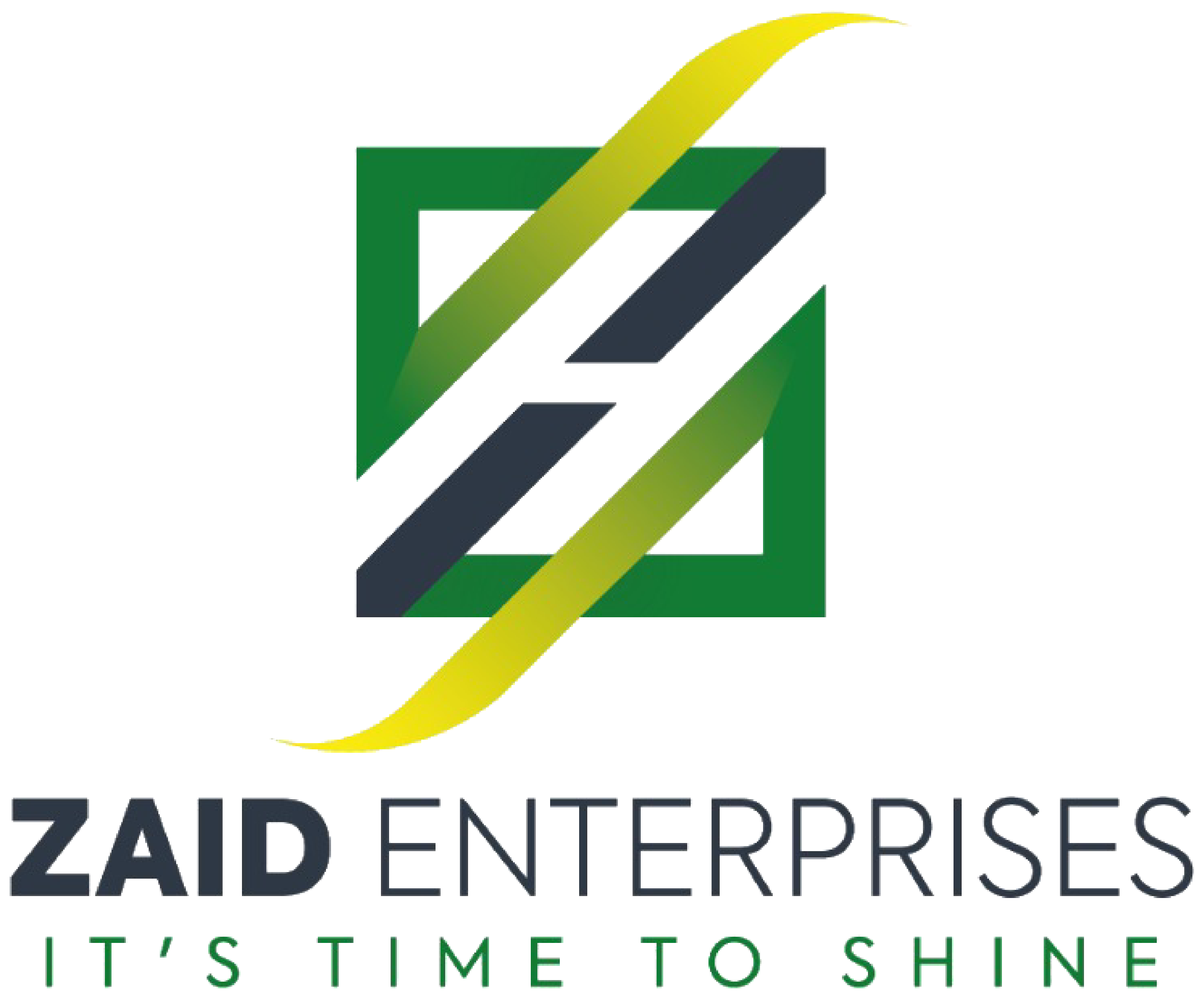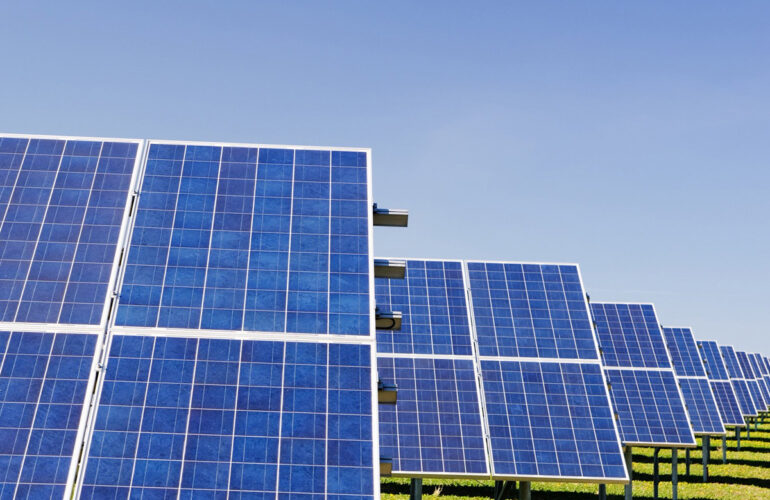Surely you know that the sunlight which strikes the earth daily is the sustainer of life. Without it, the earth will be a lifeless, icy planet. It may amaze you to know that only 90 minutes of sunlight which strikes the earth, packs enough power to run the entire world for one full year!
But to utilize this immense potential, we need to have efficient technologies which can transform sunlight into usable power. We now have those kinds of solar technologies.
There are two main types of solar technologies—photovoltaics (PV) and concentrating solar-thermal power (CSP). PV is suitable for domestic use while CSP is suitable for large-scale generation for commercial and industrial purposes. Here we will focus on PV technologies.
Components of a Solar System
A solar system is composed of many components which are mostly common to all of them. We have described some of these below.
Solar Panels
Solar panels are composed of linked Photovoltaic (PV) cells. These cells generate DC power from sunlight. Panels themselves are connected to other panels through cables. This collection of panels is called a solar array. The quality of cells determines the basic efficiency of the panel. However, the amount of electricity generated also depends upon the orientation and tilt of the panels. The amount of dirt on the panels, high temperatures, and shades over the panels also affect the amount of power generated. Apart from this the amount of light in the atmosphere is the ultimate arbiter of efficiency. The less the light, the less the energy produced, falling to zero in total darkness.
Solar Inverter
As mentioned earlier, solar panels create DC current while households use AC current. It is the job of the inverter to convert DC to AC.
Batteries
In solar panels generally, two types of batteries are used: Lead Acid and Lithium-Ion. Lithium-Ion (the type used in your mobile phone) are modern, light an efficient but expensive. Lead Acid (the type used in your car) is old technology, heavier, less efficient but relatively cheap.
Types of Solar Systems
- On-grid
- Off-grid
- Hybrid
All three solar power systems have the same operating concepts. Solar panels convert sunlight into power: This power can be stored in batteries or it could be sent to inverters which can convert it to AC power which is then used to meet your domestic needs. Excess power could either be stored in batteries or could be fed to the power grid of the electricity company for later retrieval.
On-Grid System
This is the most popular type of solar power system and also the cheapest! They do not use batteries; instead, they are connected to the grid. During the day time, they give the excess power to the grid and during nighttime or low light level they can take back the amount they have given. If however, they take back more, then of course the power company will charge.
On-grid solar systems are not able to function or generate electricity during load shedding or power failure due to safety reasons.
An On-Grid system can add batteries if later required.
Off-Grid System
This system is more suitable for those areas which are far from the electricity grid. It is a self-contained system but requires more panels to absorb 100% of the energy needed in a year. Typically monsoon and winter seasons have relatively less sunlight. The array must be large enough to collect enough electricity in low-light conditions. Similarly, batteries must be large enough to store power for 2 to 5 days. Due to these reasons, these systems are much more expensive than On-Grid and Hybrid systems.
Hybrid System
As the name suggests Hybrid System is a combination of On-Grid and Off-Grid Systems. They are connected to the grid like the On-grid system, but also have battery storage like the Off-Grid system. This means they can store energy during the day and use it during the night. But unlike the Off-Grid system, they do not need heavy-duty batteries, 5 or 10 hours of backup is sufficient. If there is more need, they can draw off the grid, on payment of course.
Additionally, during power outages, some level of power is still available, unlike On-Grid systems.
If you have any query regarding this topic or solar power in general feel free to call our rep at 0331-2445869 for a chat.



